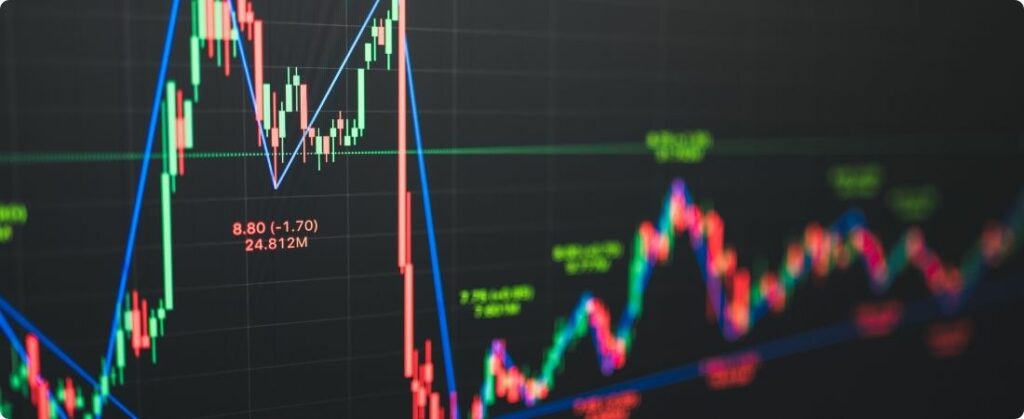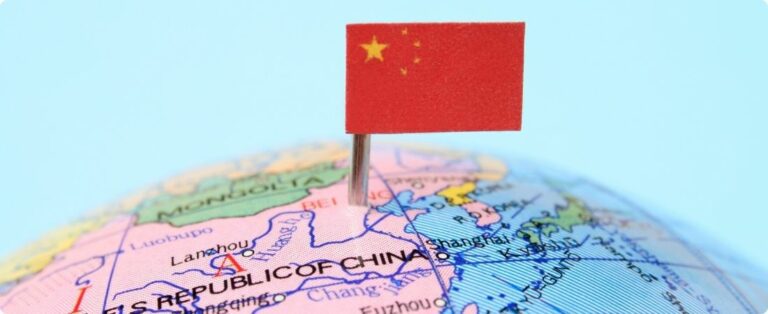
The sudden decision of the President of the United States, Donald Trump, lifting most of the hefty tariffs he had imposed on dozens of countries brought relief to struggling global markets and anxious European leaders, while also escalating a trade war with China.
Trump’s U-turn — which came less than 24 hours after imposing hefty new tariffs on most trading partners — followed the most intense episode of financial market volatility since the early days of the COVID-19 pandemic.
As a result, U.S. stock indexes soared on the news, and relief continued in Asian and European trading on Thursday.
Earlier, before Trump’s about-face, the unrest had wiped trillions of dollars from stock markets. It also triggered a worrying spike in US government bond yields, which apparently caught the US president’s attention.
While some European leaders welcomed Trump's latest move and said they hoped for constructive negotiations, China rejected what it called threats and blackmail from Washington.
Trump kept up the pressure on China, the world's second-largest economy and the second-largest supplier of US imports, with an increase in tariffs on Chinese imports from 104% to 125%, effective Wednesday.
He also signed an executive order aimed at reducing China's dominance in the global shipping industry and revitalizing U.S. shipbuilding.
Trade war
China will “stick it out to the end” if the US insists on its own path, Commerce Ministry spokesman He Yongqian told a regular news briefing. China’s door is open to dialogue, but it should be based on mutual respect, the ministry said.
Beijing could respond in kind after imposing 84% tariffs on US imports on Wednesday, to match Trump's previous tariff salvo.
“We will not retreat,” Foreign Ministry spokesman Mao Ning posted on X on Thursday, sharing a video of a defiant speech by the late Chinese leader Mao Zedong from 1953, during the war with the United States on the Korean Peninsula.
The Korean War ended in a stalemate later that year.
Trump, who claims the tariffs are aimed at correcting U.S. trade imbalances, has said a resolution with China on trade is also possible. But officials have said they will prioritize talks with other countries as Vietnam, Japan, South Korea and others line up to try to reach a deal.
Global impacts after Trump's tariff rollback
Goldman Sachs revised down its China GDP growth forecast to 4% in 2025 from its previous projection of 4.5%, citing the negative effects of tariffs. As a result, the Chinese yuan hit its lowest value against the dollar on Thursday since the global financial crisis.
Meanwhile, in Europe, eurozone government bond yields soared, spreads narrowed and markets reduced bets on a rate cut by the European Central Bank following Trump's latest announcement. European stocks also rallied as a result.
According to European Commission President Ursula von der Leyen, Trump's decision was an important step towards stabilizing the global economy.
“Clear and predictable conditions are essential for trade and supply chains to function,” she said in a statement on X.
Elsewhere, India was among the countries that said they wanted to move quickly on a trade deal with the United States.
Uncertainty
Despite the delay, some central bankers and analysts remained cautious.
European Central Bank policymaker François Villeroy de Galhau, speaking about the pause in tariff hikes, said it was “less bad news” than before.
But uncertainty remained and this was a threat to confidence and growth, he stressed, speaking to France Inter radio.
After emphasizing that his plans would not change, Trump later indicated that the near panic in the markets that has developed since his April 2 announcements had influenced his thinking.
“You have to be flexible,” he told reporters.

Some tariffs remain
Trump’s reversal of tariffs on other countries is also not absolute. A blanket tariff of 10% on nearly all U.S. imports will remain in place, the White House said. The announcement also does not appear to affect tariffs on autos, steel and aluminum that are already in place.
The pause also does not apply to duties paid by Canada and Mexico, because their products are still subject to fentanyl-related 25% tariffs if they do not meet the rules of origin of the U.S.-Mexico-Canada trade agreement.

US Consumers
Some economists have warned that ultimately, U.S. consumers will likely bear the brunt of the trade war, resulting in higher prices on everything from sportswear to wine. What’s more, lower U.S. consumer confidence was already impacting spending on items like sneakers even before the full impact of the tariffs took effect.
Since then, the consequences have begun to become clearer. Since Trump took office in January, footwear sales in stores have fallen 9.51 trillion pounds. That’s a drop from the same period last year. According to a weekly sales survey conducted by the Footwear Distributors and Retailers of America, the industry association, which includes major brands such as Nike, Adidas, Skechers and Walmart, the decline has the industry worried.
Meanwhile, tech giant Apple has chartered cargo flights to transport 600 tons of iPhones, equivalent to up to 1.5 million units. The devices were shipped from India to the United States. The move is part of an effort to beat Trump's tariffs, sources told Reuters.
The impact is also being felt in Europe.
Volkswagen's first-quarter profits fell well short of market expectations, falling by around 40%. Europe's largest automaker attributed the result to a number of costs, including tariffs imposed by the United States.
Source: John Geddie, Ingrid Melander, Lincoln Feast and Sharon Singleton | Notícias Agrícolas















